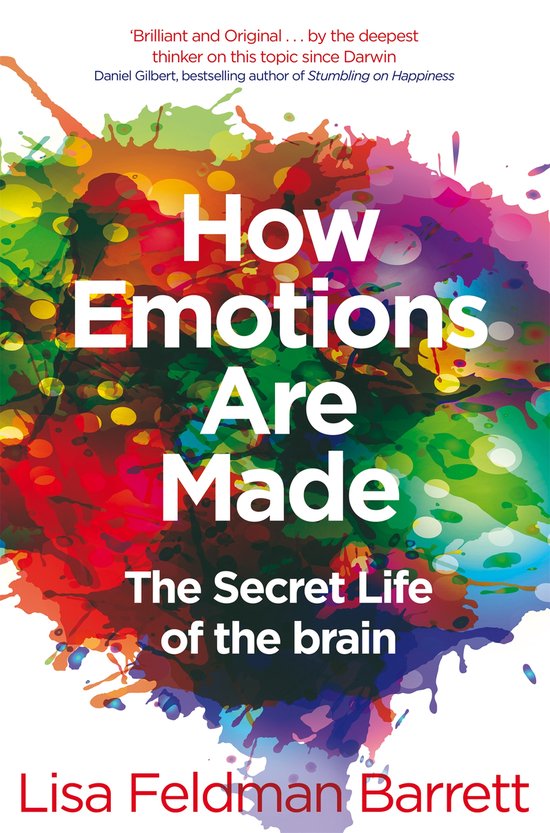How Emotions Are Made did what all great books do. It took a subject I thought I understood and turned my understanding upside down - Malcolm Gladwell When you feel anxious, angry, happy, or surprised, whats really going on inside of you? Many scientists believe that emotions come from a specific part of the brain, triggered by the world around us. the thrill of seeing an old friend, the fear of losing someone we love - each of these sensations seems to arise automatically and uncontrollably from within us, finding expression on our faces and in our behaviour, carrying us away with the experience. This understanding of emotion has been around since Plato. But what if it is wrong? In How Emotions Are Made, pioneering psychologist and neuroscientist Lisa Feldman Barrett draws on the latest scientific evidence to reveal that our common-sense ideas about emotions are dramatically, even dangerously, out of date - and that we have been paying the price. Emotions arent universally pre-programmed in our brains and bodies; rather they are psychological experiences that each of us constructs based on our unique personal history, physiology and environment. This new view of emotions has serious implications: when judges issue lesser sentences for crimes of passion, when police officers fire at threatening suspects, or when doctors choose between one diagnosis and another, theyre all, in some way, relying on the ancient assumption that emotions are hardwired into our brains and bodies. Revising that conception of emotion isnt just good science, Barrett shows; its vital to our well-being and the health of society itself.
